Expat life, a foot in two worlds
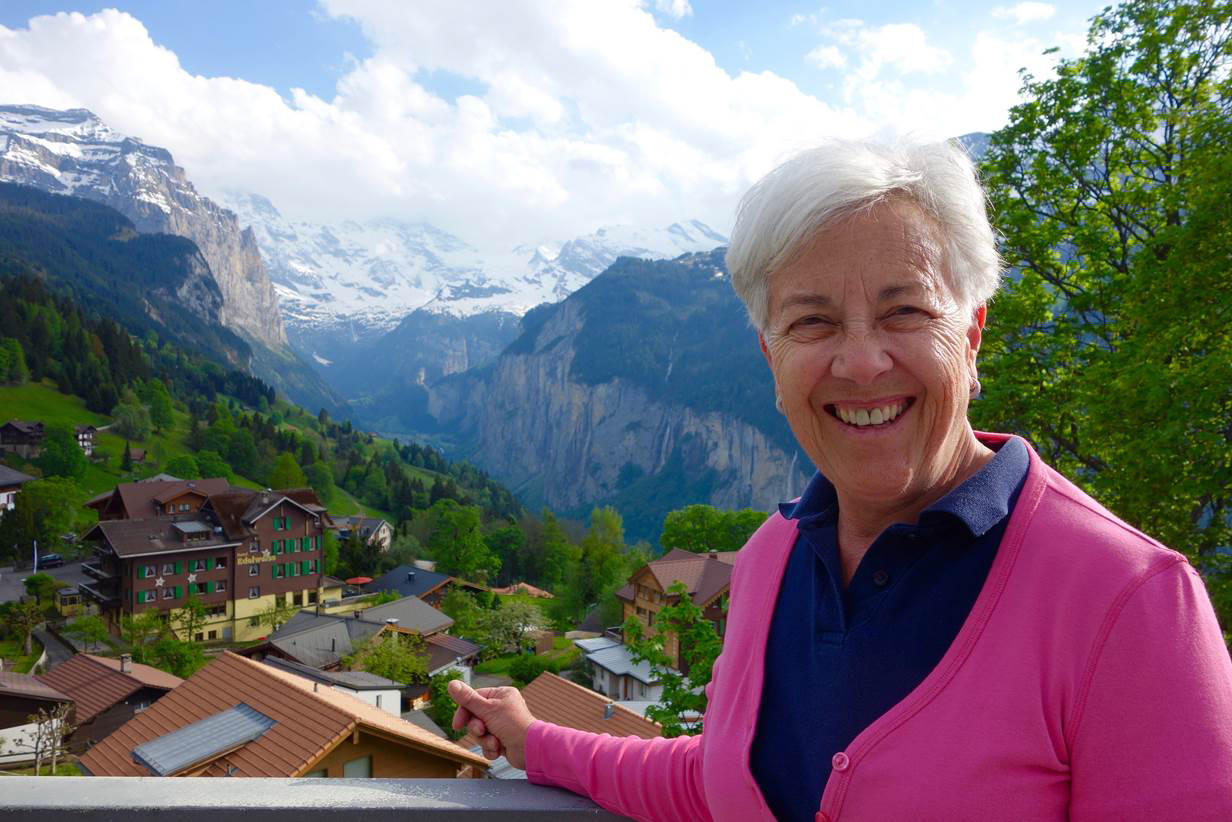
Meet one British woman who lives in the Bernese Oberland, a second home for many British citizens; they offer her a palpable sense of home, right on her doorstep.
It’s a Sunday morning. UK-born Maggie Gerber rings the bells of Wengen’s English Church and then stands ready to welcome all who come through the open door. As church warden for the past 20 years – one of her many local hats – she extends a ready smile, a firm handshake, and to those she knows well, the Swiss welcome of three kisses.
In this small resort village above the Lauterbrunnen Valley, with a resident population of 450, Maggie is a familiar presence. She’s popular with full time Swiss residents, and the many English homeowners and visitors who come to Wengen year after year for summer and winter holidays.
“I have made a life for myself in Wengen,” she said, pausing a moment, “a much fuller life than I might have had in England.” While Maggie sometimes regrets that she missed the chance to pursue further academic studies in England, she is grateful for her life as it is – with a foot planted in two cultures.
As she reflects on 47 years in Switzerland, she rattles off past assignments as a shop assistant, a hotel receptionist and a tourism host. Now, apart from church duties, she is involved with myriad local activities – the Wengen Cinema, the library board, Mendelssohn Music Week and “Downhill Only” (DHO) club locals. She also sings in a regional gospel choir. “I am happy with all I am doing. I am accepted here – even though I will never be a ‘Wengener’.”
Wengeners, she explained, are only those born in the village – locals she mixes with easily, thanks to her mastery of the dialect. She meets Swiss friends for coffee, helps with their translation requests, takes part in their German Taizé church services. You will also find her selling bread at the Christmas market and later wrapping presents for the elderly.
Swiss perfectionism
It’s a rainy day and church pews are fully occupied as Maggie assists the visiting UK chaplain — one of eight rotating through this year as part of a seasonal ministry sponsored by the Intercontinental Church Society, a UK Anglican charity. She brings in flowers from her garden, sorts the hymnals, takes up the collection and reads the Bible lesson. Afterwards, because the church has no extra space, she shepherds parishioners to a nearby hotel for the usual ‘coffee-klatch’.
“I have a part of England here – it comes to me,” Maggie explains, sitting down at the linen-clad table, now largely filled with new English acquaintances. “The English are faithful visitors in the Bernese Oberland. It’s part of the joy of living here.”
Indeed, the English began flocking to the Swiss Alps after Queen Victoria assumed the throne in 1876; hiking in summer, skating and sledging in winter. By 1913, the railway to Wengen was open to Kleine Scheidegg, prompting the British to play a leading role in inventing downhill ski racing, and soon after, the National Alpine Skiing championships.

More
Suffering expat women in Switzerland
Before dashing to the train for a lunch date in Lauterbrunnen with long-time English friends, Maggie lists other pluses of Swiss life. “It’s wonderful to live in a well-organized country that works,” she said matter-of-factly.
Still, she admits struggling with certain traits. “The Swiss are perfectionists; only one way is the right way,” she said. “They don’t like to bare their souls so one can’t get below the surface to find out who they are.”
‘Totally different world’
Rolling back her mental calendar to the sixties, she tells a familiar story: she married Swiss-born Ueli Gerber in Canada while working in the tourist industry – after several years at the BBC in London and then in Canadian broadcasting. “I came straight from Canada to live with my in-laws after my daughter was born,” she begins, sitting down at a bench in the main square.
She recalls her 1967 move to Gsteigwiler, a tiny village composed of just a few homes, which is close to Lauterbrunnen: “It was a totally different world.”
Maggie, who had never visited Switzerland and spoke no German, found the transition nightmarish. She struggled to understand her in-laws, who spoke no English. Culturally, they were miles apart as well. “I was lonely and despondent at times, with a husband working long hours as a chef in a hotel kitchen and not home for meals.”
Eventually Maggie took a summer job in Interlaken hosting American visitors, which proved a godsend. An upbeat boss introduced her to the Swiss/English Club where a few friends formed an English Speaking Drama Group that she joined. “It took time,” she explains. “I had to find my way.”
The next day, sitting in her living room with a bulging file of old mementos, Maggie resumes the narrative.
At age 26, she and her husband moved to Wengen with three-year-old Nicole in 1969. She joined the local women’s group and started working part-time at the local bookshop. Finally, she was beginning cope with Swiss German, despite having no books and no teacher. “I learnt by listening,” she said, noting Nicole’s ‘mother’ tongue is Swiss German. “We never really spoke English as a family,” she explained. “We only spoke Swiss German.”
Cabin fever
Though Maggie had never really intended to return to live in England, disliking what she regarded as a rigid class system in the sixties, she missed her family during those early years when visits were rare. “We wrote letters,” she recalled nostalgically. Later, during school holidays, she would take Nicole home for annual visits, taking breaks from her part-time jobs in the Wengen gift shop and Central Sport.
Maggie still visits England once or twice a year, staying with friends or her sister near Winchester. “The ties are still there and I’m always welcome,” she said, noting that she feels a special “depth of loyalty” among her English friends.
Still, between seasons when visitors have gone, Maggie experiences “cabin fever”, and has a strong desire to take a break from life in a small village on an alp.
Maggie is quick to say that all gloom passes once old friends return to Wengen – both holiday homeowners and regular hotel visitors. Then she finds herself booking coffee mornings at the Eiger Cafe and juggling a full schedule of events and appointments. “I am fortunate,” she says. “Even if had a choice, I couldn’t choose better than Switzerland.”
Are you an expat? What is your relationship to your homeland? Share your experiences in the comments section below.

In compliance with the JTI standards
More: SWI swissinfo.ch certified by the Journalism Trust Initiative
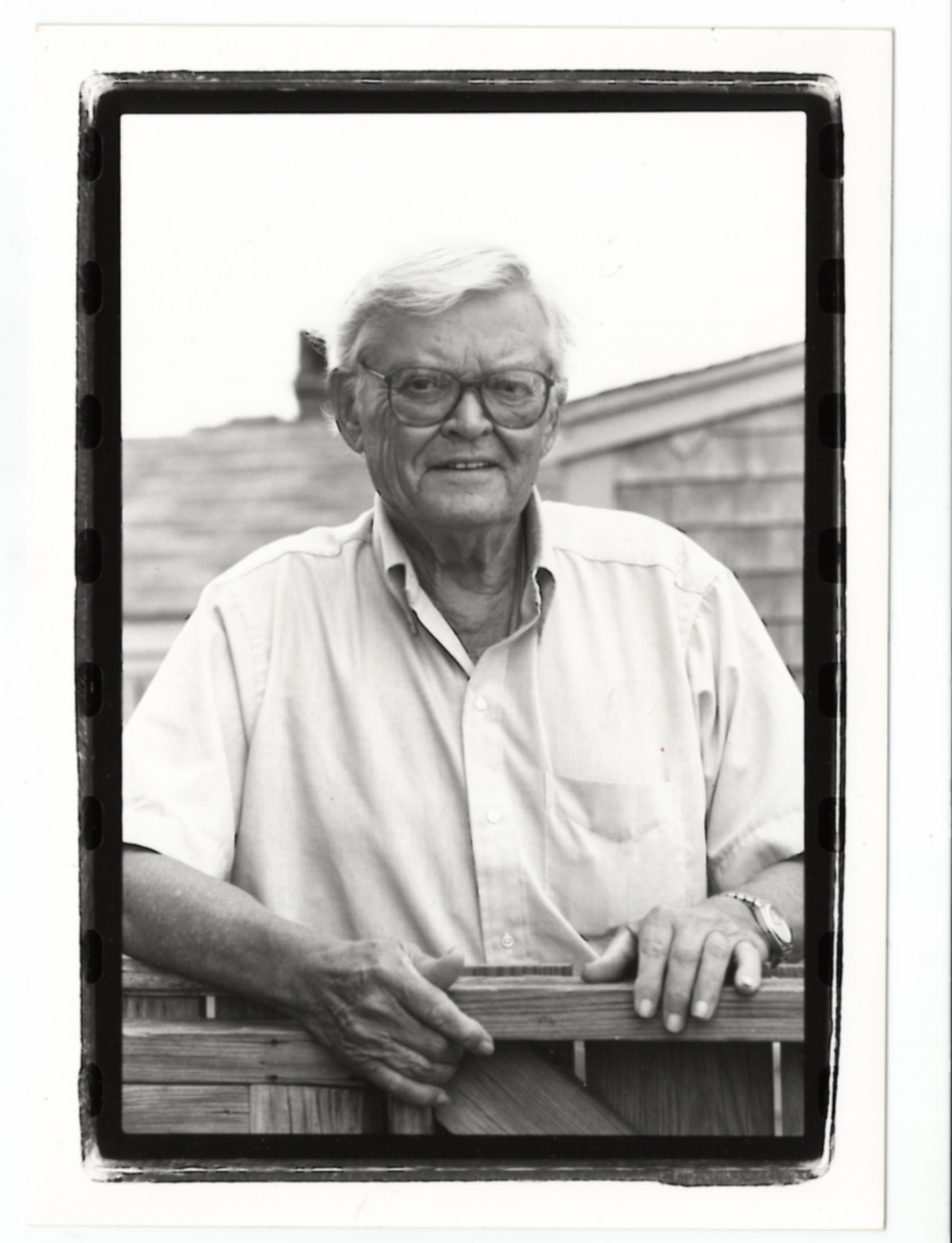
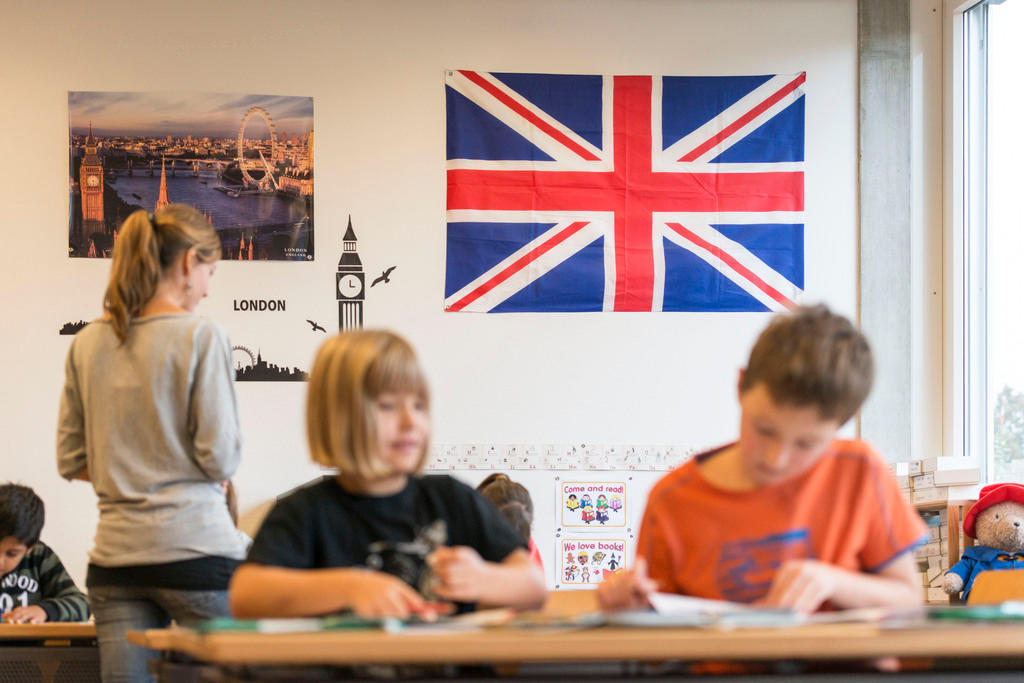
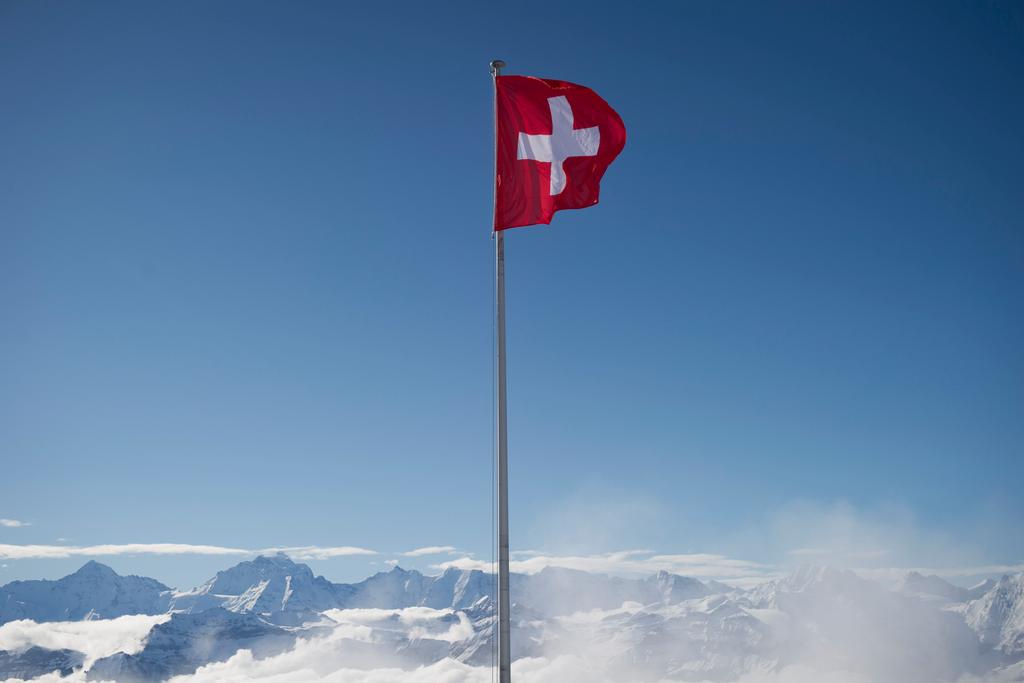
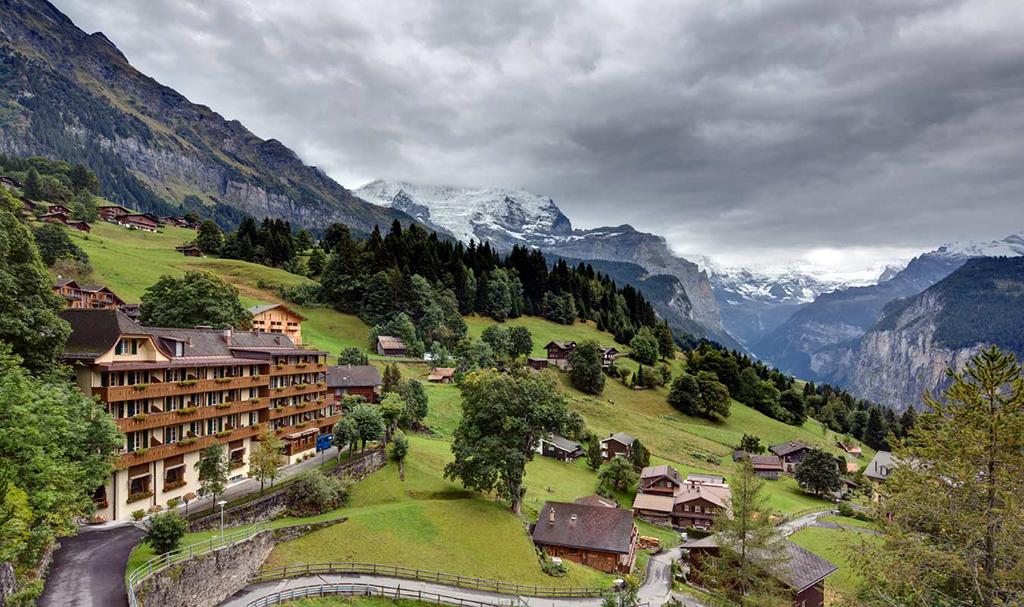
You can find an overview of ongoing debates with our journalists here. Please join us!
If you want to start a conversation about a topic raised in this article or want to report factual errors, email us at english@swissinfo.ch.